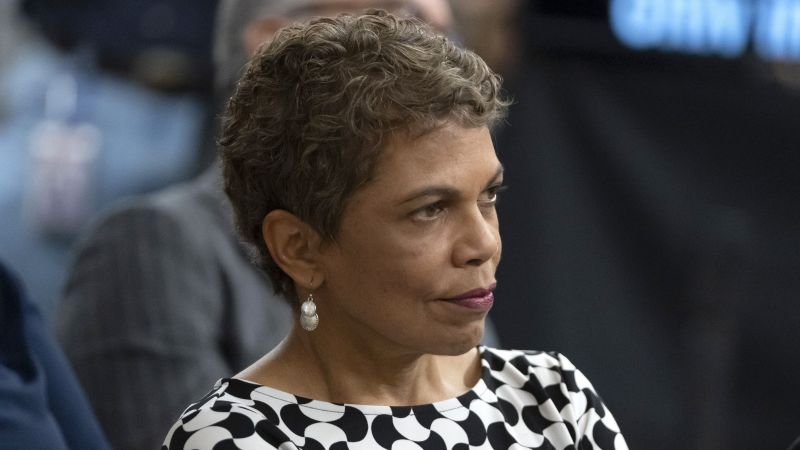The recent legal battle surrounding Elon Musk and the Department of Government Efficiency cDOGEc has made headlines as a federal judge denied a request by Democratic state attorneys general to halt DOGE's access to federal data systems and its ability to terminate workers in specific federal agencies. US District Judge Tanya Chutkan's decision marks an initial setback for efforts to challenge Musk and DOGE's influence on reshaping the federal workforce.
The lawsuit against Musk, filed by the state attorneys general, argues that his role in the government violates the Constitution's Appointments Clause, which mandates presidential appointment and Senate confirmation for key officials. The contentious issue revolves around Musk's access to sensitive government data and his involvement in personnel decisions at various departments.
Although Judge Chutkan expressed skepticism regarding the Trump administration's defense of Musk's authority within DOGE, she concluded that the states had not proven imminent, irreparable harm that would warrant a temporary restraining order. While acknowledging the serious implications of the Appointments Clause violation alleged by the states, the judge emphasized that a strong merits argument alone was insufficient to justify emergency court intervention.
Chutkan, appointed by President Barack Obama, has been at the forefront of high-profile cases, including overseeing the criminal case against former President Donald Trump related to the events of January 6, 2021. Her ruling hinted at perceived contradictions in the Trump administration's claims about DOGE and Musk's responsibilities, underscoring the need for transparency and accuracy in legal proceedings.
The ongoing legal disputes reflect broader concerns about Musk's influence and the legality of DOGE's activities. The White House's portrayal of Musk as a Senior Advisor to the President, rather than an official associated with DOGE, has raised questions about the actual extent of Musk's authority and decision-making capacity within the government restructuring initiative.
As the legal saga unfolds, uncertainties persist regarding the nature of Musk's role, the scope of DOGE's powers, and the potential impact on federal agencies and their employees. The clash between constitutional principles, government transparency, and organizational restructuring underscores the complexities inherent in navigating the dynamic landscape of federal governance and accountability.
The intricate legal intricacies surrounding Musk, DOGE, and the federal government underscore the intricate balance of power, accountability, and transparency within the US governmental framework. As stakeholders continue to grapple with these complex issues, the outcomes of these legal battles are poised to shape the future trajectory of government operations and oversight in the United States.


